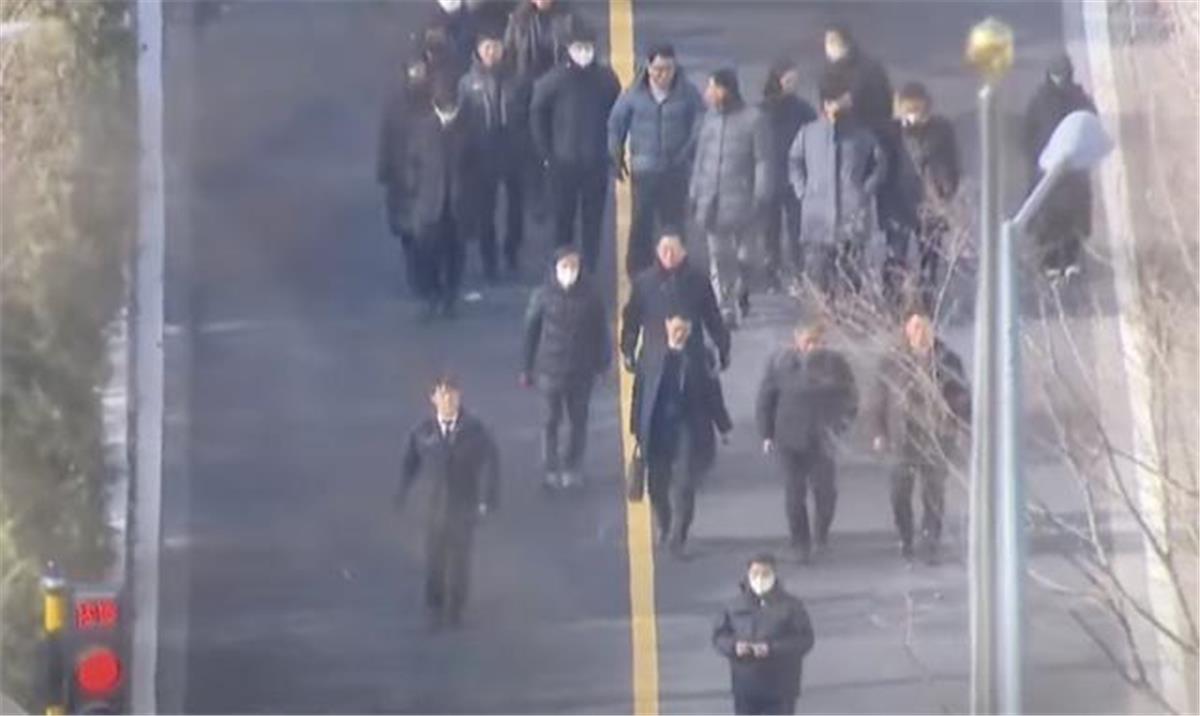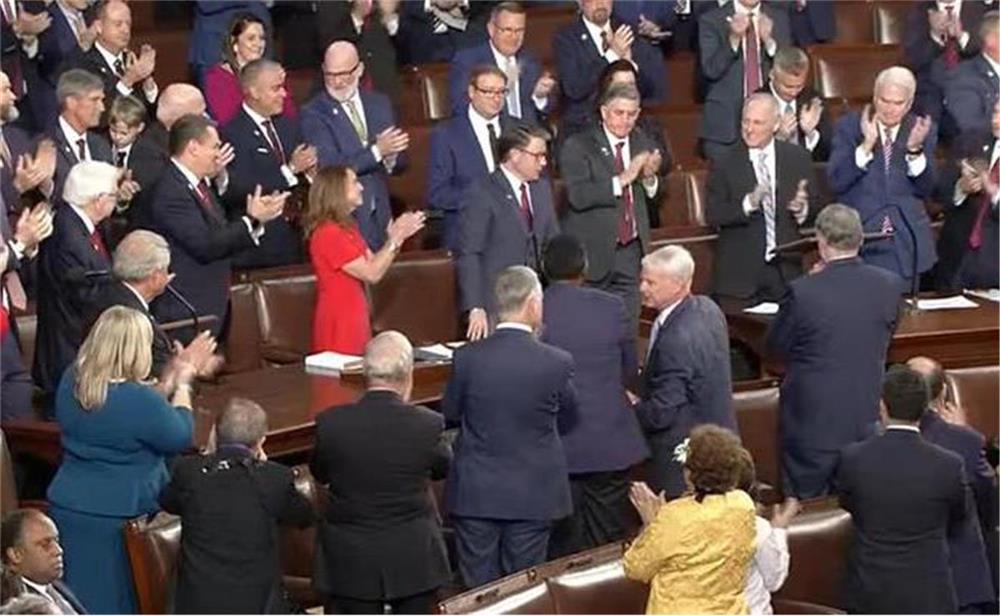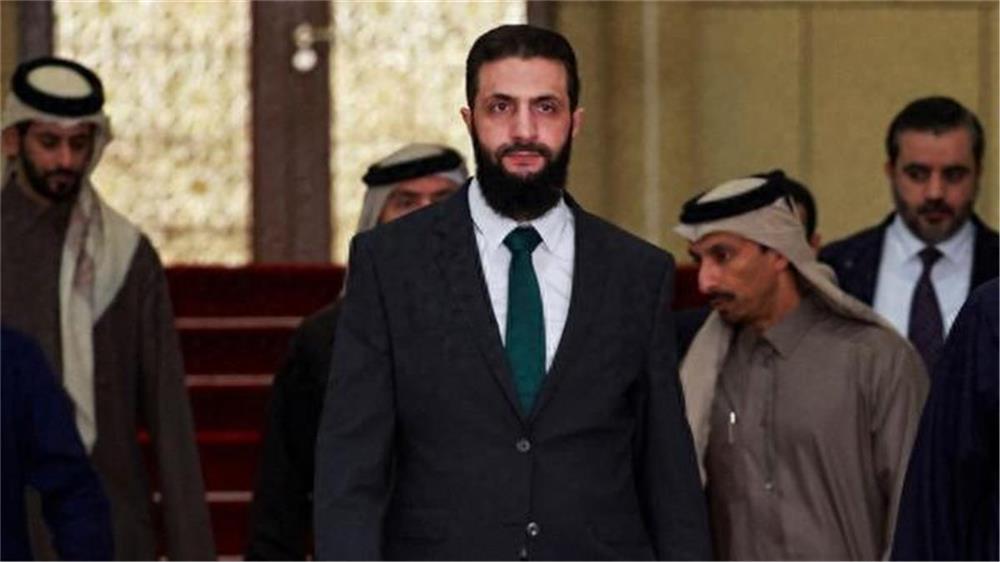Korean media: Blinken to Visit South Korea "for the First Time Since Yoon's Impeachment"

South Korea's foreign ministry said on January 3 that the two countries' foreign ministers will hold talks in Seoul on the 6th to discuss the South Korea-US alliance and other issues.
According to a source familiar with the matter, US Secretary of State Antony Blinken is scheduled to visit South Korea in the near future and this will be his first visit to the country since the impeachment of South Korean President Yoon Suk-yeol. The source added that Blinken is expected to meet with South Korean Foreign Minister Cho Dae-yeop during his visit.
Another source said that Japanese Foreign Minister Yoshimasa Ayukawa may also visit South Korea on January 13 and hold a bilateral meeting with the country's foreign minister.
South Korea's political situation is currently in disarray following Yoon's recent declaration of martial law and his subsequent impeachment, which has raised concerns about the impact this might have on policy coordination between Seoul and Washington on issues such as security. There are also worries that the recent turn of events could hinder efforts by the United States and South Korea to bolster their trilateral relationship with Japan.
South Korea's National Assembly voted 204-0 on December 14 to pass a second impeachment motion against President Yoon Suk-yeol. On December 31, 2024, the Seoul Western District Court issued an arrest warrant for Yoon on suspicion of "attempting to incite an internal disturbance and abuse of authority." On January 3, 2025, the High Public Official Crime Investigation Office (Public Investigation Office, PIO) began enforcing the arrest warrant against Yoon. After PIO investigators entered the presidential residence, they were met with a standoff with the Presidential Security Service. The Special Investigation Unit of South Korea announced later that day that, based on the current situation, it was determined that it was impossible to execute the arrest warrant for Yoon, and it was decided to suspend the arrest.
Arrest Suspended! Why Yoon Suk-yeol Is So Hard to "Capture"
The PIO said that it suspended the arrest warrant for Yoon Suk-yeol at 1:30 p.m. local time on January 3.
The PIO said that it made the judgment that the arrest could not be carried out as the standoff continued, and it deeply regretted that Yoon showed no response to the legal procedures.
The PIO and the police team executing the arrest warrant left the presidential residence.
Previous report
The PIO entered the presidential residence in Hansan-dong, southeastern Seoul on the morning of January 3, to begin enforcing the arrest warrant against suspended President Yoon Suk-yeol.
The PIO's investigators left the government's office building in Gwacheon at around 2 a.m. in five separate vehicles and headed to the presidential residence to enforce the arrest warrant. Upon arriving at the residence, the PIO's investigators were blocked by Yoon supporters and the Presidential Security Service and were unable to enter at first.
At 8:02 a.m. local time, some 35 PIO investigators entered the main gate of the presidential residence, and at 8:04 a.m. they began enforcing the arrest warrant on Yoon Suk-yeol. After entering the residence, PIO investigators began another standoff with the Presidential Security Service.
On December 31, 2024, the Seoul Western District Court ordered the arrest of South Korean President Yoon Suk-yeol on suspicion of "attempting to incite an internal riot and abuse of authority." This was the first time in South Korea's constitutional history that an arrest warrant had been issued for an incumbent president.
Before this arrest attempt, Yoon Suk-yeol sent a letter to supporters gathered in front of the presidential residence. After receiving the letter from Yoon, more than 40 far-right social media bloggers stated at the rally that the arrest attempt was underway, and that they would remain on duty and guard the presidential residence throughout the night. The political community, on the other hand, was quick to point out that another charge, "sedition incitement," should be added to the list of charges.
What considerations were behind the court's decision to arrest Yoon Suk-yeol
From the decision to approve the arrest warrant on December 31, 2024, it can be deduced that the court viewed the evidence of Yoon's involvement in an attempted internal riot as solid, and accepted the PIO's argument that Yoon had initiated a riot with the intent of disrupting the country's constitutional order and thus should be subject to coercive investigation.
How audacious is Yoon Suk-yeol
The PIO had previously sent Yoon three summonses to question him for being "the head of an attempted internal riot" and for "abuse of power to interfere with the exercise of rights," but Yoon had failed to appear for questioning or even respond.
What other options does Yoon Suk-yeol have
While the PIO was enforcing the arrest warrant, the author noticed a statement by Yoon's lawyer that the arrest warrant was illegal.
Yoon Suk-yeol's defense lawyer, Yoon Ga-geun, also said that the relevant authorities had never consulted with them on the summons date or Yoon's personal safety, and that Yoon would respond according to the law if the investigation proceeded legally.
Why is Yoon Suk-yeol's camp so insistent on "due process"
In the martial law controversy, South Korea's prosecutors, police, and POI competed to gain control over the investigation. At the same time, the targets of the investigations could also choose their own investigators.
An analysis pointed out that the "competitive investigation" among institutions would give the people involved in the case, including Yoon, more options to choose which investigative authority would be more favorable to them, and which investigative authority would eventually file the indictment would become a key issue of interest.
 Famous Persons
Famous Persons English
English
 John
John Facebook
Facebook Twitter
Twitter Pinterest
Pinterest Linkin
Linkin Email
Email Copy Link
Copy Link









